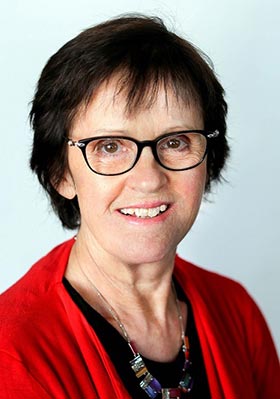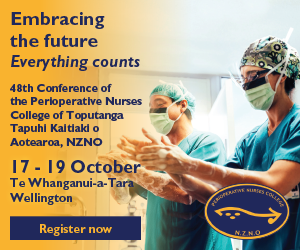
Denise Wilson (Ngāti Tahinga, Tainui), registered nurse and professor in Māori health at Auckland University of Technology, said equity for Māori sat within the “oritetanga” (equality) article of Te Tiriti o Waitangi.
“It’s something that Māori had affirmed almost 200 years ago with the signing of Te Tiriti.”
Wilson said that in 2019, Director General of Health Ashley Bloomfield spoke about the differences in the health system for Māori, Pasifika, disabled and older people.
“These differences are for the most part avoidable, and they can be considered unfair and unjust.”
Taking an equity approach required different ways of doing things for those people, Wilson said.
“The services that are delivered in a universal way are not necessarily going to achieve the [right] outcomes. They haven’t achieved them now, and they’re less likely to achieve them into the future.”
Major health reforms set to launch next year showed promise for creating a different way of doing things, she said.
Research with Māori had shown there were key problems that came up consistently, Wilson said. “[This included] The environment of health services… not having their worldview acknowledged, not feeling welcome, having difficulty knowing what the rules of engagement are… being marginalised, being silenced.”
Bad health outcomes impacted on the trust that Māori whānau had in the system, which was a deterrent for them to engage with the system in the future, she said.
Wilson said while it was well known there was institutional racism against Māori, she had a growing unease about people using it as an excuse for failings in the system.
“Our systems and structures don’t exist on their own. They exist with the people in them. So as nurses we need to be speaking up and challenging some of the issues that are not equitable, or are not going to achieve an equitable outcome.”
Systems and structures could perpetuate racism – but this flowed on from the individual people within them, setting policy and planning services.
There was also interpersonal racism, and it was a “big deterrent” for people accessing services. “It could in part explain why sometimes Māori are late in presenting to services. But also really concerning is the internalisation of that racism by Māori . . . who start believing some of the things that are said.”
Another area of concern was the use of the concepts of unconscious or implicit bias as an excuse as well.
These forms of bias had an “impact and an effect”, she said. “I’ve got incidences where it really raises the question: is this bias by design?”
One of Wilson’s doctoral students was working with rangatahi (young people) who had shared multiple examples of how they were treated differently in the health system, she said.
Her research showed that spirituality (wairua) and whānau (extended family networks) were important for Māori patients. Establishing relationships was “crucial” for simple interactions, but also for receiving and processing information.
“[It was about] Making those connections and introductions: who we are, where we’re from; encounters that are kanohi ki te kanohi, face-to-face, and continuity of care where possible.”
Wilson said the aim should be to enhance people’s mana, not diminish it.
Aside from these specific actions, equity could not be improved without looking at the wider socio-political-health context. This included marginalisation, colonisation, and internal migration, and the racism that Māori encounter.



